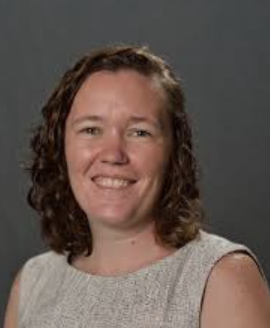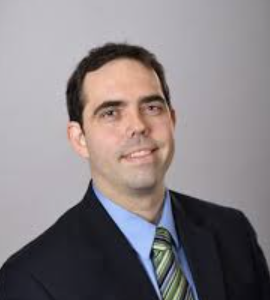With the rise of “Vision 2030,” the Conversatio program falls within the umbrella of the changes occurring in the curriculum. The Conversatio program will undergo minor changes and readjustment to learning outcomes, along with a pilot program spearheaded by the Conversatio Committee. Both the Conversatio Committee and the Faculty Senate are discussing ways to improve the Conversatio program.
Next year, the Conversatio program will be very recognizable to the current program. Minor changes will occur including changes to certain readings, rethinking length of longer reading and learning outcomes. The program is preparing for larger-scale changes as a part of the “Vision 2030” initiative.
Dr. Shoepner-Torres, Director of the Conversatio Program, stated, “hopefully we’ll have a small pilot that’s running for whatever the new iteration of Conversatio is going to be.”
The Conversatio program also began as a pilot program. Conversatio was originally called the “Humanities Program.” Like this current pilot program, the original Conversatio program began with a cohort of about a hundred students.
Just ten years ago the Conversatio program began, which Dr. Shoepner-Torres mentioned as a part of its unique adaptability. The Coversatio Committee, a branch of President Favazz’a “Vision 2030,” is testing out material and thinking of new ideas to potentially implement to the incoming class.
Dr. Shoepner-Torres is the Chair of the Conversatio Committee, which also includes Professor Mazur, Professor Dabruzzi, Professor Weirda, Professor Rossbach, Professor Thorne, and Professor Ruiz. The committee has been brainstorming for the development of the first-year experience of Conversatio going forward.
The committee has also been tackling the harder questions of the program, balancing student, faculty, and administrative commentary. Dr. Shoepner-Torres described the committee’s discussion on one semester or two for Conversatio, the lecture vs. seminar format, and the overall content of the program.
Student opinion has been very important in the decision-making process of the Conversatio Committee. The committee, in total, had 47 listening sessions or class observations to gauge student support and feedback of the program.
Some professors in the Conversatio program traveled to the South, visiting Memphis, Tennessee and Alabama. On this trip, teachers and faculty were exposed to history of the enslaved and the marginalized, which opened up discussions and ideas brought forward to the Hilltop. The benefits of a summer trip, she said, “has influenced their perspective on power dynamics and access to resources.”
Going forward, the first-year experience may not be called Conversatio, it may be called something different. Whatever the program is going to be, it’s going to need to address the new learning outcomes.
The Faculty Senate has been working with the Conversatio Committee, discussing development of college-wide learning outcomes. They have created a draft of a new outcome that’s related to diversity, equity and inclusion (DEI) and Digital Literacy, two new learning outcomes they hope to add to the program.
Talking about the Senate’s involvement with the Conversatio Committee, Dr. Parr, President of the Faculty Senate, said, “We have representatives from the Senate on the committee that helped determine that we will be revising…and revisiting core parts of the program.”
As a part of “Vision 2030,” the Faculty Senate was a part of the original push to redesign the core curriculum. The Senate’s job now is to monitor the committee. Some Senators provide oversight to the Conversatio Committee, and the Faculty Senate will have the final approval of the process.
The goal of “Vision 2030” is changing strategies, and creating new initiatives. Dr. Parr explained that Conversatio is a key piece behind this new strategy. Among the goals of 2030 is becoming a nationally recognised Catholic Liberal Arts College.
Dr. Parr said, “to achieve that, I think that we can help amplify in the sense that we can kind of bring us into these next decades of the 21st century where our curriculum matches our vision and our and our mission as well.”
Dr. Shoepner-Torres, remarking on the Conversatio program, said, “I think people love it, and there are things that people would like to change about it; and this is a really amazing opportunity to make this program even better. So I’m excited about it.”



